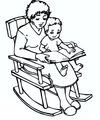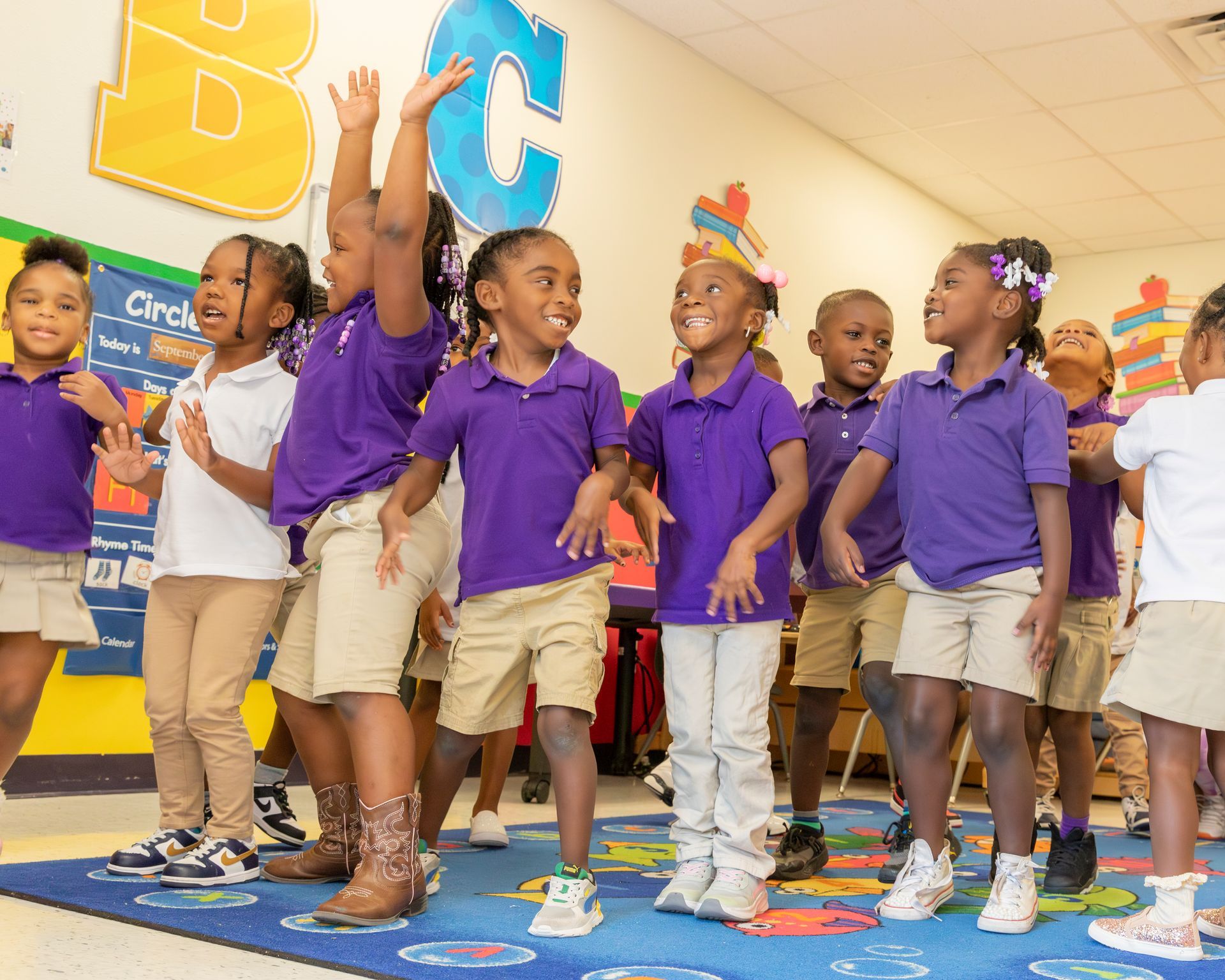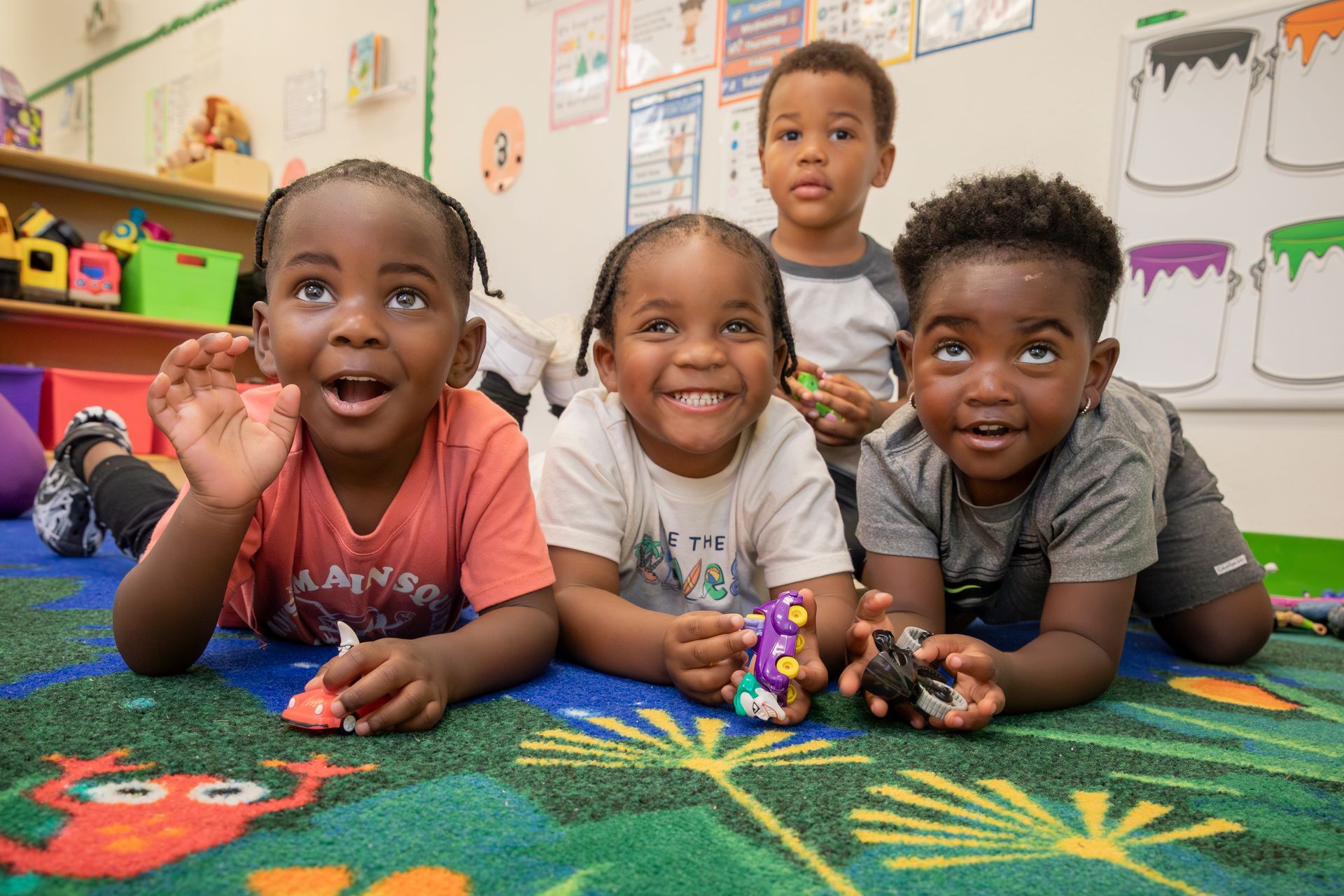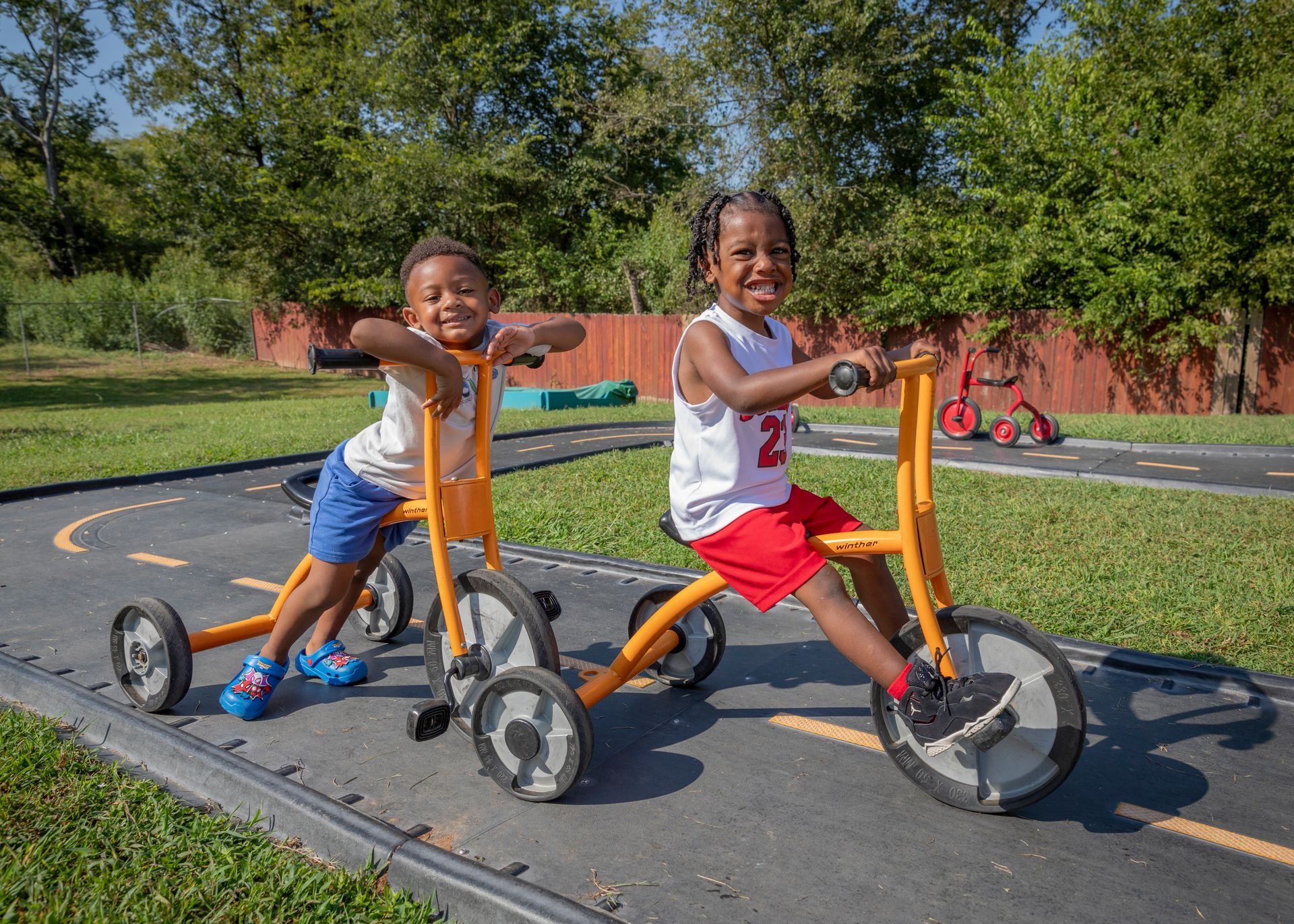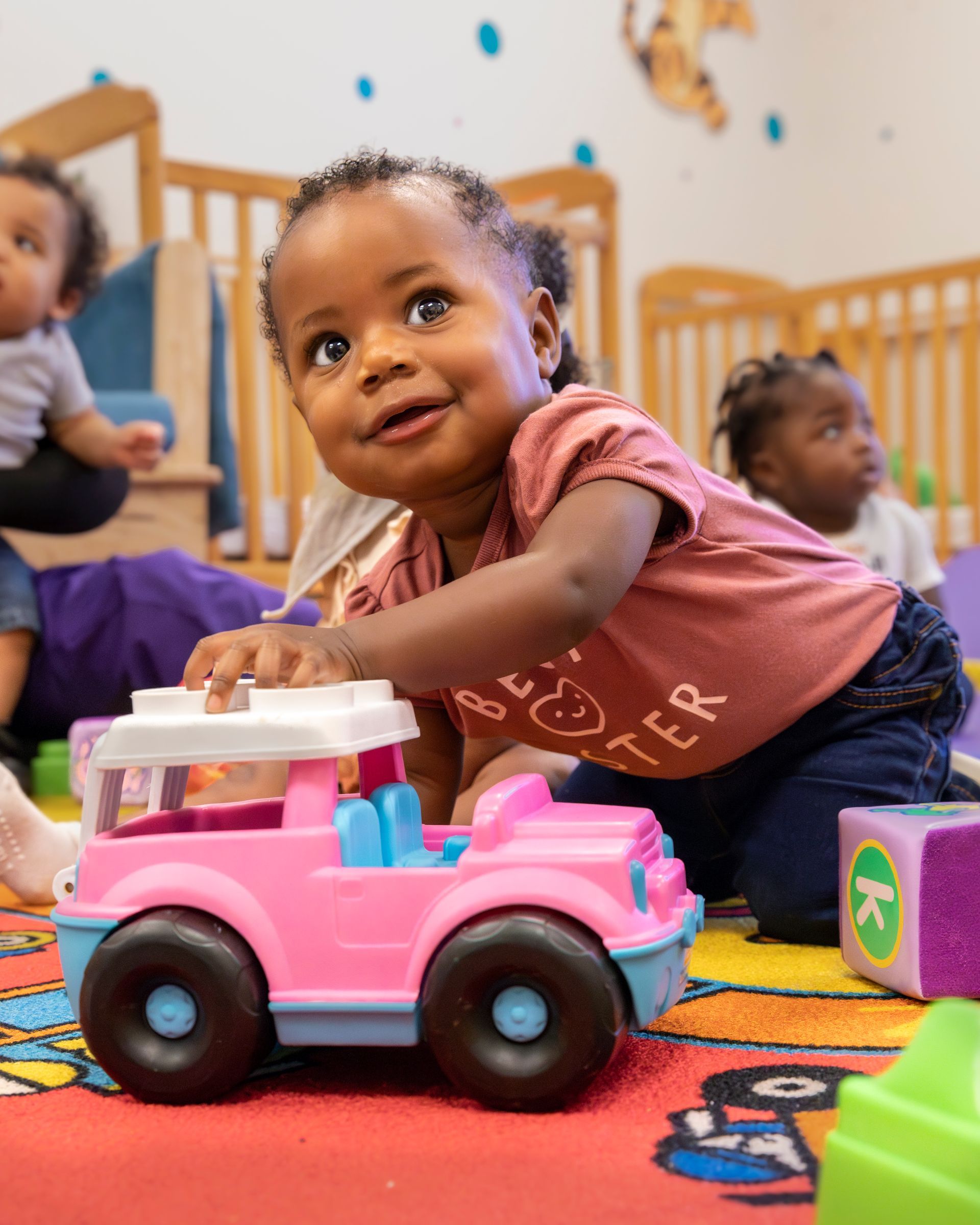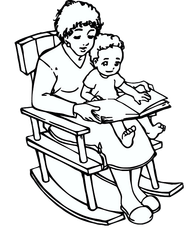Grandma's Arms Child Care & Development Center
Serving Children Ages 6 Weeks through 13 Years

Grandma's Arms Child Care & Development Center
Our center is committed to providing the absolute best early childhood education for young children. We understand that we are preparing children for the variety of experiences ahead of them, not only in school, but in life. Current research in early childhood education and neuroscience teaches us that the best way to do so is to focus on the simultaneous development of the whole child. It is our goal to provide opportunities and support for children to develop their identity within the domains of social-emotional, fine, and gross motor, language, imaginative, and cognitive skills. We do this by providing an enriching and intentional environment in which children can wonder, learn, and grow. Together with the children, teachers serve as co-researchers, exploring the many questions young children have about the world in which they live. A cornerstone of our program is our belief in children’s natural creativity. We know children get great pleasure from being involved in the arts, and so we encourage this at every age. Children learn skills and gain immense self-esteem when given diverse opportunities to create. Art is an integral part of our program, and we provide a wide array of materials for creating.
Social-Emotional Skills
Social-emotional growth of the children is the key element of our curriculum because we know that, without strong social-emotional skills, children will not be successful in the world around them. We foster this development by building relationships amongst children and adults through warm, respectful communication and modeling. We help each child develop a strong sense of individual self-worth and build a community which appreciates the uniqueness of each adult and child.
Physical Skill Development
The development of strong fine and gross motor skills is vital to many experiences, children will have in their future, both in and out of school (such as sitting at a desk, playing on the playground, participating in sports, riding a bicycle, exercising, and self-regulation). We support the development of fine motor skills by providing a variety of hands-on experiences including writing, drawing, cutting, clay-work, painting, and the creation of 3-dimensional art. We also provide a wide variety of sensory-rich experiences, knowing that the more surfaces children touch, the more their sensitivity to texture solidifies and the more their hand-eye coordination increases. Faculty incorporate a variety of opportunities to develop their gross motor skills throughout the day by running, jumping, climbing, skipping, dancing, climbing stairs, and hanging from the monkey bars.
Language Skill Development
Young children develop language skills at a remarkable rate, and we provide opportunities to help them do so. We facilitate the growth of spoken language through speaking with the children and through actively encouraging them to speak with each other. We ask for their opinions, model patterns of conversation, ask them questions, and utilize descriptive language to help them begin to label items and feelings. We encourage the development of pre-literacy skills through reading to children regularly, and through making books and the discussion of books an important part of their daily experience.
Cognitive Skill Development
In today’s world, where Google can answer any question and provide you with any fact, our primary focus is teaching children how to think, not what to think. We encourage children to not only ask questions, but to help find the answers themselves. We conduct research with the children by collecting data and determining next steps in a project. We allow our investigations to extend over periods of weeks, and sometimes months, so that the children have time to physically process the information and to create connections in their minds, literally building their own knowledge. Our research investigations incorporate all the developmental areas as children analyze, work together in a social group, establish pride in their own work, document their observations, create, and learn new vocabulary related to their studies.
